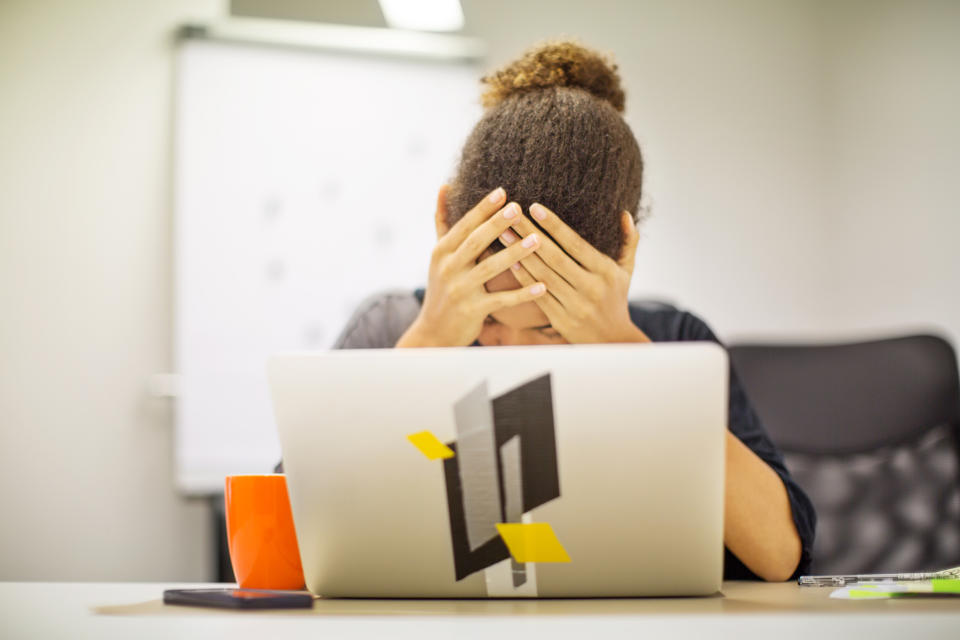Cancel that holiday: Aussie dollar sinks to 11-year low

The Australian dollar hit a 11-year low on Wednesday – sinking to levels not seen since the global financial crisis – and continues to lose value on Thursday morning.
The local dollar was at 65.88 US cents at the close of market on Wednesday, which was the lowest it had been since the global financial crisis in 2009.
On Thursday morning it slipped even lower, hitting 65.48 at 11am AEDT.
The Australian currency is taking a battering as a proxy for China's misfortunes with the global markets fearing the coronavirus cannot be contained.
This means bad news for those Australians about to go on an overseas trip, with less foreign money in their wallet for every dollar they give up.
The Australian dollar was as high as 81 US cents just two years ago, meaning a $10,000 holiday then would now cost $12,000.
Imported goods, like fuel and electronics, will also face price pressures.
However, when the Australian dollar sinks, exporting industries like our farmers and education rejoice – as the prices for their products and services become more globally competitive.
Australians bleeding money this week
The international and local share markets have also plunged this week on the back of worldwide coronavirus concerns.
The benchmark ASX200 lost about 6 per cent on the first three working days this week, equating to about $143 billion in value.
Although the majority of Australians don't own shares directly, most people's wealth is certainly impacted by the health of the stock market.
Why? Because of compulsory superannuation.
Australia is unusual in forcing everyone to have retirement savings – and this means every adult has at least some money indirectly invested in the share market.
Founder and chief of super comparison service Roll-It Super, Mark MacLeod, told Yahoo Finance previously that the average Australian has about $100,000 saved in super.
This is a rough estimate, as the total varies wildly according to age, time in the workforce, and income.
But assuming a $100,000 balance, the typical Australian has lost $6,000 in just three days.
Older Australians that are closer to retirement would certainly have lost even more, as they would have larger balances.
What to do with your super during a market crash
MacLeod advised Australians to not panic during times of share market volatility.
"Super is compulsory and you can’t take your money out and put it under the mattress - unless you are retired – and even then I wouldn’t recommend it."
Trying to time the market is a mug's game, so it's best to think long-term.
"The truth is that even professional investors have a difficult time picking the bottom or top of a market," said MacLeod.
How to make money during a market crash
There are even ways to make money when stocks plunge in value.
It's called "shorting". And while this was a tool not easily accessed by retail investors, these days there are exchange-traded funds (ETFs) that will rise in value when a specific market falls.
"Remember the Hollywood blockbuster ‘The Big Short’ where a bunch of investors made massive gains on the housing market crash?" Stake operations manager Sarhang Shafiq told Yahoo Finance last year.
"That's what it’s all about – taking the 'short' or 'other' side of the market."
Admittedly, this strategy does make some people uncomfortable.
"Shorting as an investment method has some readers shaking their heads as you’re essentially betting on the market going down."
Make your money work with Yahoo Finance’s daily newsletter. Sign up here and stay on top of the latest money, news and tech news.
Follow Yahoo Finance Australia on Facebook, Twitter, Instagram and LinkedIn.

 Yahoo Finance
Yahoo Finance 